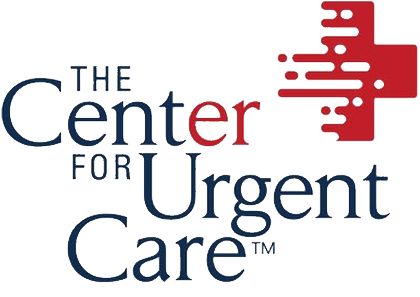ADHD is a common neuro-developmental disorder that is incurable, but highly treatable.
ADHD is also one of the most researched mental disorders and has many available treatments.
Treatments may include stimulant and non-stimulant medications, cognitive behavioral therapy, ADHD coaching and strategies such as mindfulness meditation and exercise.
Overview
There are 3 different presentations (primarily inattentive, primarily hyperactive-impulsive, and a combination of both). ADHD is also on a spectrum — it ranges from mild to severe — and it is often accompanied by other conditions like anxiety or depression and learning disabilities like dyslexia.
Symptoms
With this disorder, it’s hard for you to focus and complete tasks. You don’t manage time well, and when you have many things to do it’s hard for you to figure out which is the most important. People may say that you aren’t organized or responsible. You don’t handle stress very well. You may anger easily, and you may have frequent mood swings. And you may do impulsive things that get you in trouble.
Treatment Options
It is important to remember that ADHD isn’t the same for everyone. What works for one ADHD patient may not be right for others, but most ADHD brains benefit from a combination of treatment strategies. Adult ADHD can be managed with medications and counseling. If ADHD hurts your relationships with loved ones, you and your loved ones may be helped by going to therapy together.


